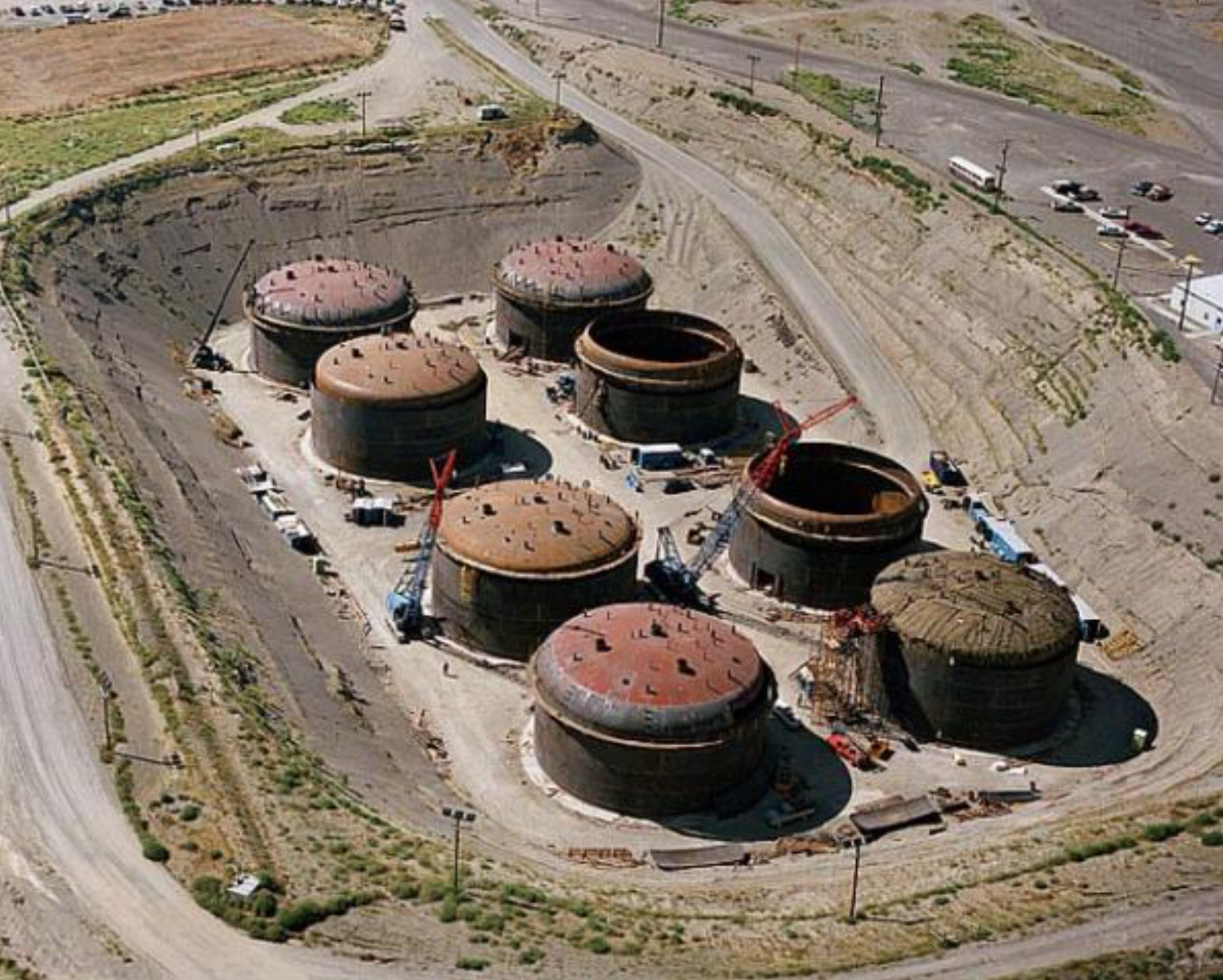Demolition and disposal shifted into high gear this spring at the DOE’s former uranium enrichment plant in Ohio.
In the 1950s, the U.S. Department of Energy constructed the Portsmouth Gaseous Diffusion Plant in rural southern Ohio to enrich uranium, alongside two other federally owned and managed facilities in Oak Ridge, Tenn., and Paducah, Ky. The Cold War-era plant was built as a self-sufficient industrial city with more than 400 buildings and facilities centered around three massive gaseous diffusion process buildings that could enrich the level of the uranium-235 isotope for nuclear fuel in the defense and energy sectors.
The opening session of ICGR-6. (Photo: OECD NEA)
While deep geological repositories (DGRs) are the globally preferred and scientifically proven solution to store high-level radioactive waste, societal challenges remain. Given the long time frames associated with DGR development and implementation, and a rise in global interest in nuclear energy to meet urgent climate mitigation targets, building and maintaining human capacity is now even more of a priority.
A view of Savannah River’s K Area, where employees began downblending plutonium in 2016. (Photo: DOE)
Contractor employees at the Department of Energy’s Savannah River Site in South Carolina recently exceeded their plutonium downblending goal for 2022 ahead of schedule as part of the ongoing activities to remove Pu from the state, the DOE’s Office of Environmental Management (EM) announced.
Workers install one of 18 startup heaters into Melter 1 of Hanford’s Low-Activity Waste Facility. (Photo: Bechtel National)
Heating of the first waste vitrification melter at the Department of Energy’s Hanford Site was paused after operators identified an “abnormal condition with the startup heater power supplies,” the DOE’s Office of River Protection (ORP) said. Heat-up of the 300-ton melter, which will be used to vitrify Hanford’s low-level radioactive tank waste, was initiated on October 8.
The decommissioning of ORNL’s aging research reactors is clearing the stage for future missions at the site.
An aerial photograph of Oak Ridge National Laboratory’s “Reactor Hill,” with, from left to right, reactor buildings 3042, 3005, and 3010. The DOE and its contractors are removing these excess contaminated facilities to eliminate risks and clear land for future research missions. (Photos: UCOR)
The Department of Energy and its environmental cleanup contractor United Cleanup Oak Ridge (UCOR) are poised to meet critical milestones as they continue to move to the next generation of cleanup at Oak Ridge National Laboratory in Tennessee. On ORNL’s main campus, crews on “Reactor Hill”—so named because of the four remaining reactor facilities on that hillside—and at the Experimental Gas-Cooled Reactor (EGCR) just east of the campus continue rigorous schedules as they enter a new phase of progress in the cleanup program.
DRUM program members and others visit mine sites in the Navajo Nation during the spring of 2022. (Photo: DOE-LM)
The Department of Energy’ Office of Legacy Management (LM) will be conducting verification and validation work at abandoned uranium mines in the Navajo Nation of northeastern Arizona during the fall field season, which runs from mid-October to mid-December.
A screenshot from a 3D animation showing the heat-up of Hanford’s melters. (Image: DOE)
Crews at the Department of Energy’s Hanford Site, near Richland, Wash., have begun heating up the first of two 300-ton melters that will be used to vitrify mixed low-level radioactive and chemical tank waste. According to the DOE’s Office of Environmental Management (EM), initiating and completing the heating of the melter is a critical step to commissioning Hanford’s Waste Treatment and Immobilization Plant (WTP), which will treat and stabilize the site’s 56 million gallons of tank waste by immobilizing it in glass through the vitrification process.
DRUM team members at the Telluride 18 mine in the Yellow Cat area of southwest Colorado.
Based on a review of U.S. Atomic Energy Commission (AEC) records and available data from numerous agencies, there are an estimated 4,225 mines across the country that provided uranium ore to the U.S. government for defense-related purposes between 1947 and 1970. To aid in the cleanup of these legacy uranium mines and establish a record of their locations and current conditions, the Defense-Related Uranium Mines (DRUM) program was established within the Department of Energy’s Office of Legacy Management (LM).
The Effluent Management Facility, part of the Waste Treatment and Immobilization Plant at the Hanford Site. (Photo: Bechtel National)
This spring, the U.S. Government Accountability Office (GAO) released an insightful report reviewing and summarizing the status and performance of the largest projects and operations within the Department of Energy’s Office of Environmental Management (EM), which is responsible for the cleanup of hazardous and radioactive waste at sites and facilities that have been contaminated from decades of nuclear weapons production and nuclear energy research.
Spain’s nuclear power plants are to use Holtec’s HI-STORM spent fuel storage technology. (Image: Holtec)
Holtec International announced that its flagship HI-STORM Multi-Purpose Canister (MPC) spent fuel storage technology was selected by Spain’s national company Enresa for a fleet of six nuclear power reactors at four plant sites in the country. Equipos Nucleares S.A. (ENSA), a Cantabria-based manufacturer of equipment for the Spanish nuclear fleet, was named a consortium partner with Holtec in the order, which was conducted under European Union procurement rules.
Demolition has begun on the Bulk Shielding Reactor at the Oak Ridge National Laboratory. It marks the first teardown of a former reactor at the site. (Photo: DOE).
In a first for the Department of Energy’s Oak Ridge Site, a former reactor facility is being demolished. The site’s cleanup contractor, UCOR, began tearing down the Bulk Shielding Reactor, also known as Building 3010, last week.
“While this project is not the biggest demolition we’ve undertaken, it carries a lot of significance,” said Laura Wilkerson, acting manager for the Oak Ridge Office of the DOE’s Office of Environmental Management (EM). “It is the first removal of a former reactor at [Oak Ridge National Laboratory], and it is a signal of much more to come at the site in the immediate future.”
An illustration of Switzerland’s proposed deep geological repository. (Image: Nagra)
Nagra, Switzerland’s national cooperative for the disposal of radioactive waste, has announced that it has selected Nördlich Lägern as the site for a deep geological repository for radioactive waste. According to Nagra, extensive investigations have shown that Nördlich Lägern, located in northern Switzerland near the German border, is the most suitable area for a geologic repository with the best overall safety reserves.


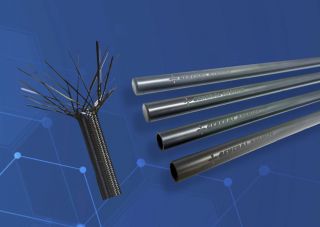

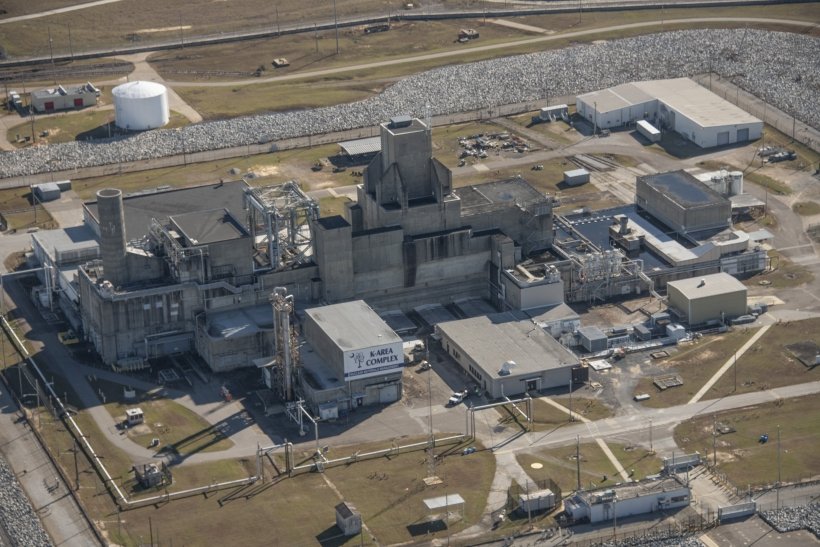
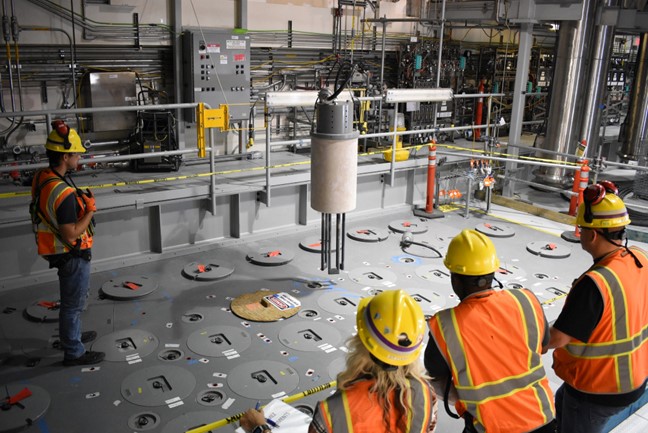

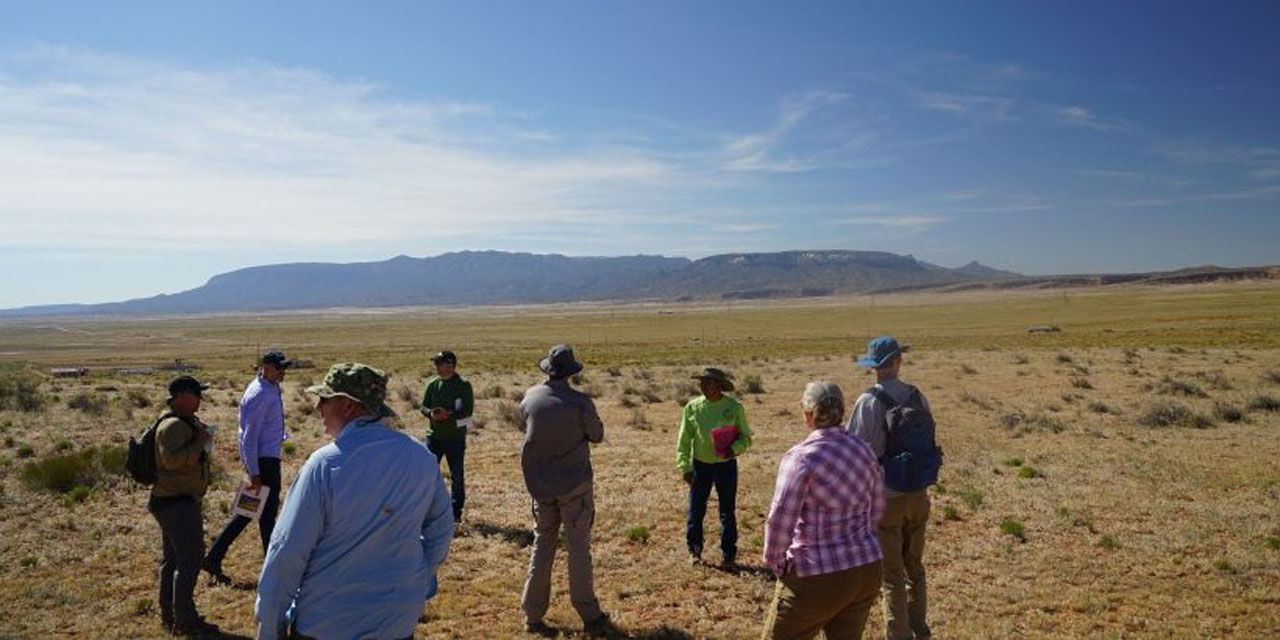

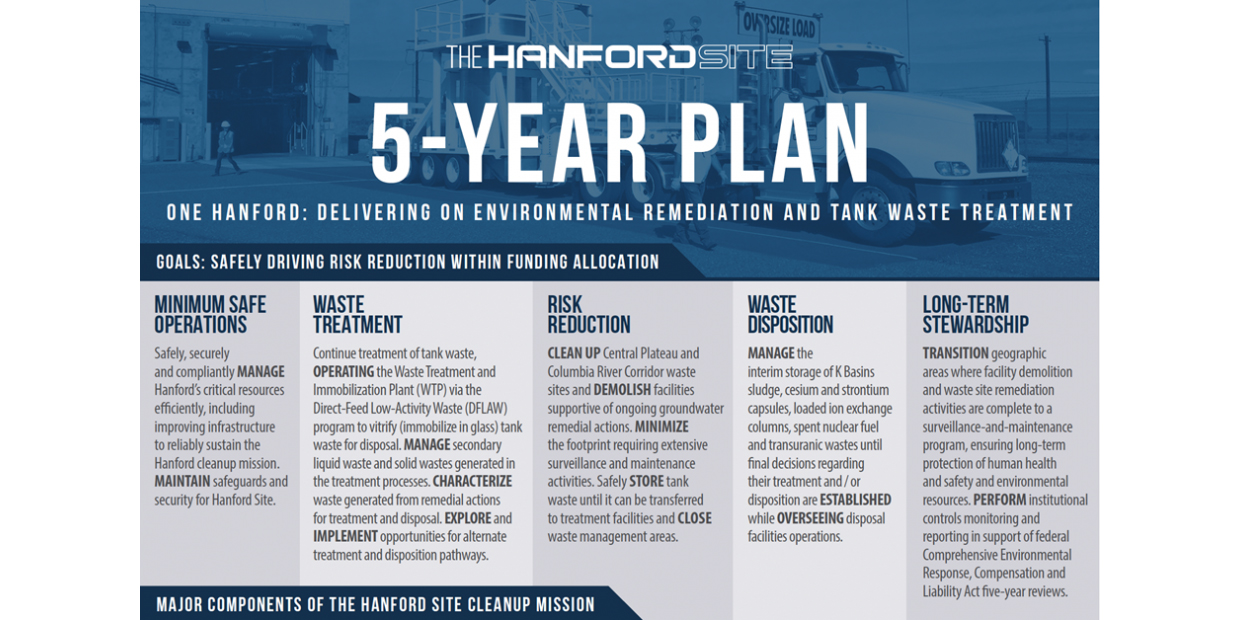
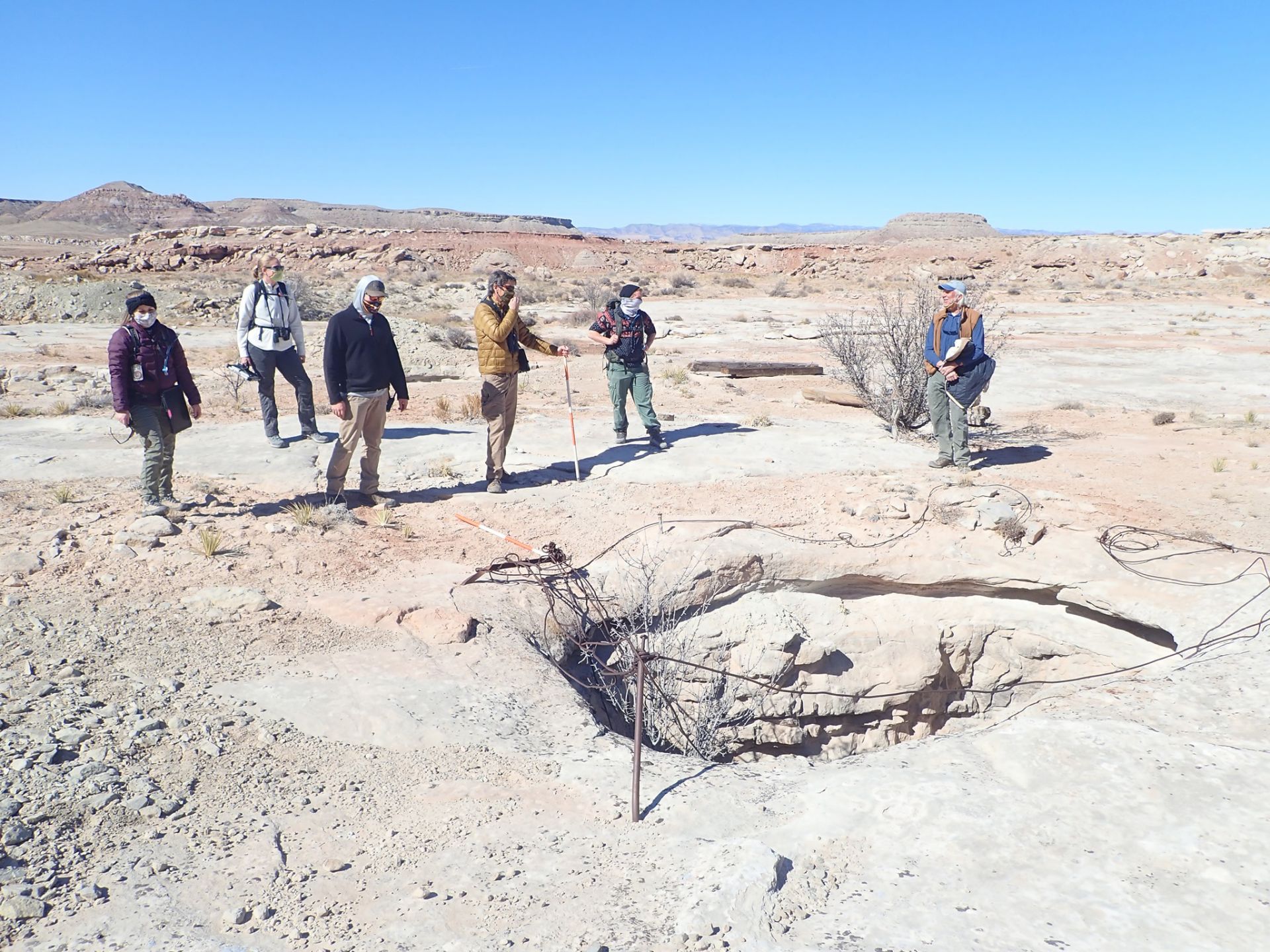
 The Department of Energy’s Office of Environmental Management (EM) released its
The Department of Energy’s Office of Environmental Management (EM) released its 

